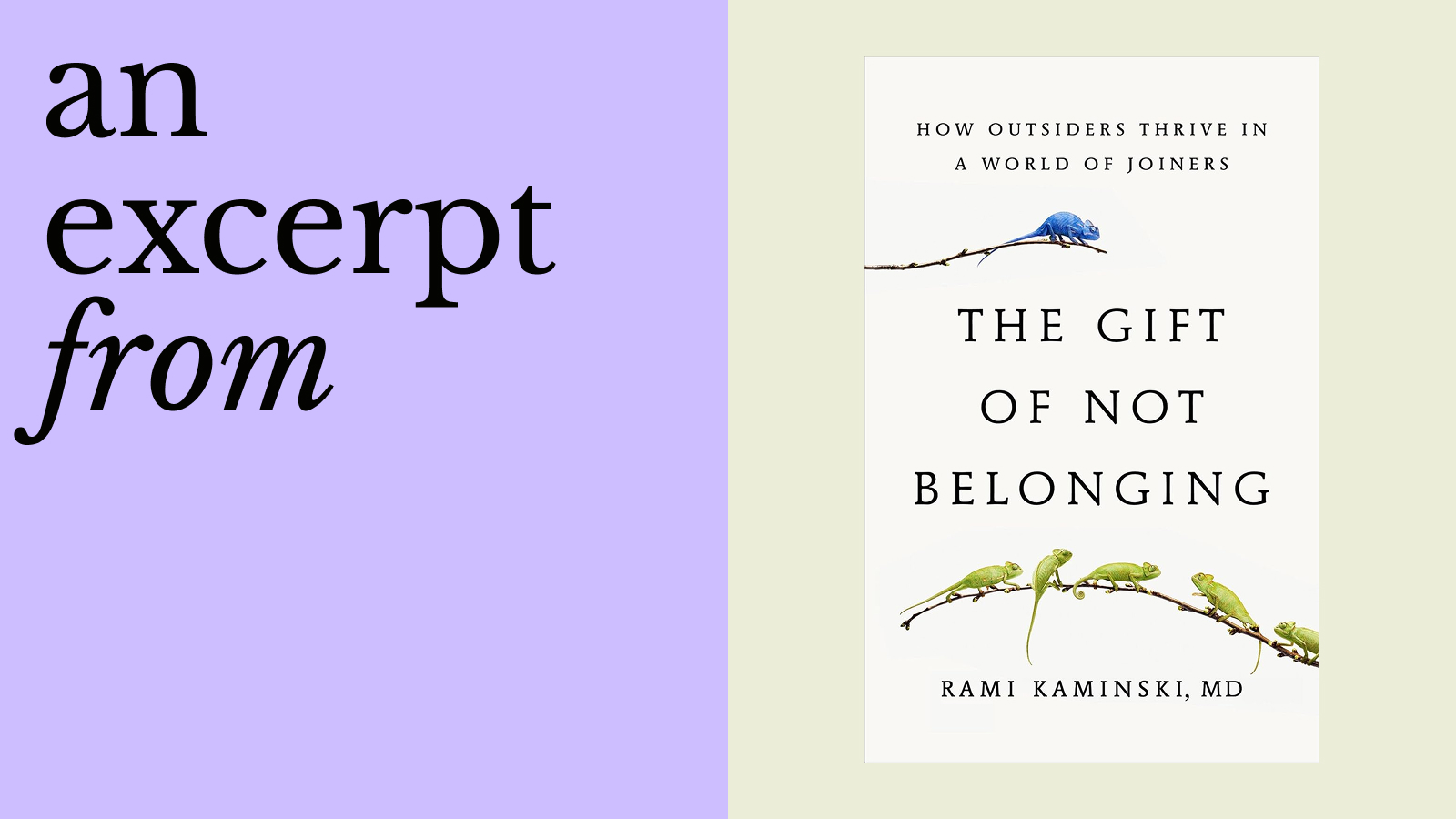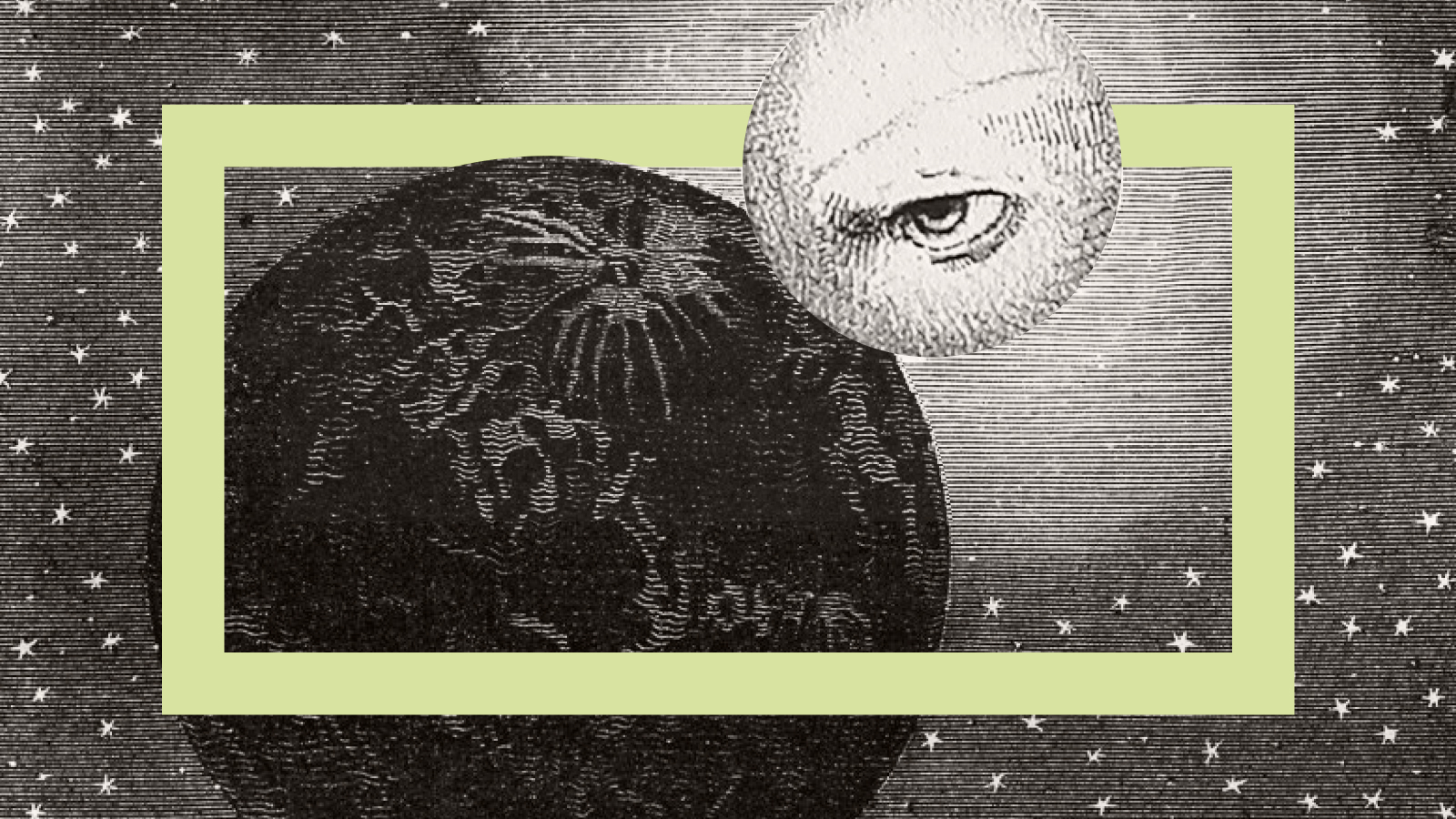Novelist and author Yiyun Li has looked into the face of life’s biggest questions. For two years, she lived in and out of psychiatric hospitals as she underwent treatment for suicidal depression. In this time, it was her love of literature that kept her afloat. One of Li’s favorite writers, Isaac Babel, said, “If the world could write by itself it would write like Tolstoy.” Li reflected on this. As Tolstoy wrote on the biggest topics, like war and peace, but also on the smallest trifles, she took it to mean that life’s small questions are meant to insulate us from the big, unknowable ones. Tolstoy wrote the world as it is: a perfect balance of big and small, of answers and mystery. Too much big searching, says Li, and you can put yourself in a timeless trap. Yiyun Li’s newest book is Dear Friend, from My Life I Write to You in Your Life. This video was filmed at the Los Angeles Hope Festival, a collaboration between Big Think and Hope & Optimism, a three-year initiative which supported interdisciplinary academic research into significant questions that remain under-explored.
Yiyun Li: Here’s a writer I love -- actually, this is a man o’ war, and I borrowed words from my best friend Amy Leach, who is a beautiful nature writer. She wrote this line about the man o’ war: 'The man o’ war appears to be one individual, like Leo Tolstoy. But it’s actually many individuals living together as a colony, like Leo Tolstoy.'
So Tolstoy. He certainly had more big “whys" than anybody else in the world. So for years Tolstoy ended his journal each day with three letters: the initials for the Russian: "If I live". Every month he began with the note: “Nearer to death”.
So a few weeks ago I actually went to Russia and I visited Yasnaya Polyana, his estate outside Moscow, and there I learned that he had failed at many things in life. He failed as an educator. He failed at breeding horses. He failed at farming. And, of course, he also failed—you know, eventually—in his religious endeavor. Pretty much the only thing he didn’t fail at was to be a writer. And Isaac Babel, a Russian writer, one of my favorite writers, said, “If the world could write by itself it would write like Tolstoy.”
And I take that to mean: we know there are big whys and small whys in life. If the world wrote itself like Elizabeth Bowen or Portia [from 'Death of The Heart'], it would be all big whys. But with Tolstoy there’s the balance of big whys and small whys.
The big whys for many on a psychiatric ward, and to many people outside in the world, can be summarized as such: Why live? Why suffer? And why suffer on?
Not any one of us had an answer there, and I think particularly for those who have experienced mental illness there’s also another question we cannot answer: Why are you *you*? Why are you you? And there are many variations of the question: Why are you not happy? Why can’t you stay hopeful? Why can’t you see the bright side of the world? Why are you so selfish? Why can’t you just be like everyone else? Why can’t you be real? Why can’t you be rational?
The big whys are timeless questions. And in asking them, and in not being able to find answers, one puts oneself in a timeless trap. Anyone suffering a severe depression may have the experience of time coming to a stop. One day to the next, one minute to the next. Time, which is the most precious possession we have, becomes the most treacherous thing. Is time real? Is time rational? Is there a way for us to experience time in the real and rational manner? Time in the world of physics is probably one of the most democratic experiences. I would say Trump’s minute is as long as my minute. A dictator’s day is not one second longer than my day. But time experienced by each individual, as we all know, is so much less scientific and so much less reliable.
In life there are big whys and small whys. Easily we look around at our lives and come up with abundant small whys: Why do I agree to eat at this restaurant but not the one across the street which was where I really wanted to go? Why do I read the news first thing in the morning when I know I shouldn’t because that makes me burn my children’s toast? Why do I want to train for a marathon? And here is one of my favorite whys, not asked by me but by an older man when he listened to my public reading, and he said, “Why did I tell myself this morning that the piece of cake I ate was good for me?”
But we don’t live to answer all these small whys. We shouldn’t. Any exhausted parent of a small child can relate to that. “Why do I have to wear shoes? Why do I have to brush my teeth? Why can’t I sleep in the dog bed with the puppy?”
And then there are the big whys. The big whys are not always answerable. In fact, we may say that there are big whys because they can't be answered. One of the dangers of living is that inevitably we run into people who think that every why has an answer—and they demand us to answer for them. And when we can’t provide a satisfactory answer they will do that for us, often with a hasty and judgmental answer.
Big whys are life and death, war and peace. But small whys—when we can find answers, or when we don’t even have to find answers but just acknowledge them—insulate and sustain us.





